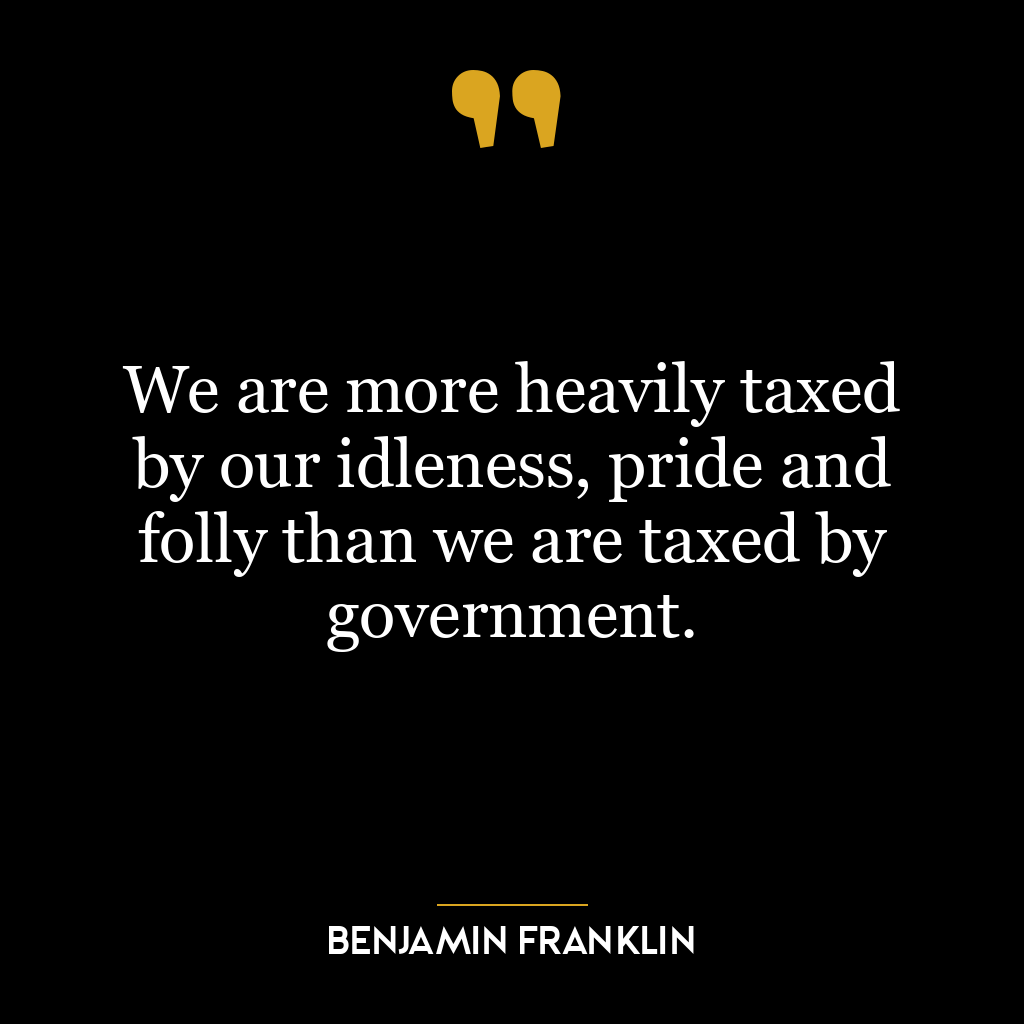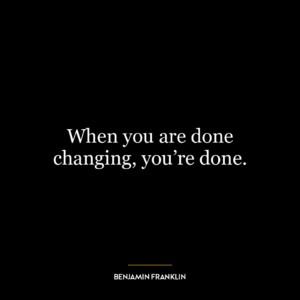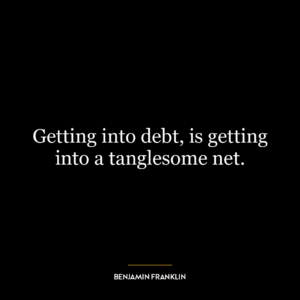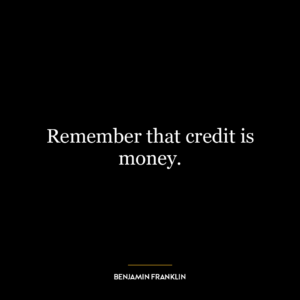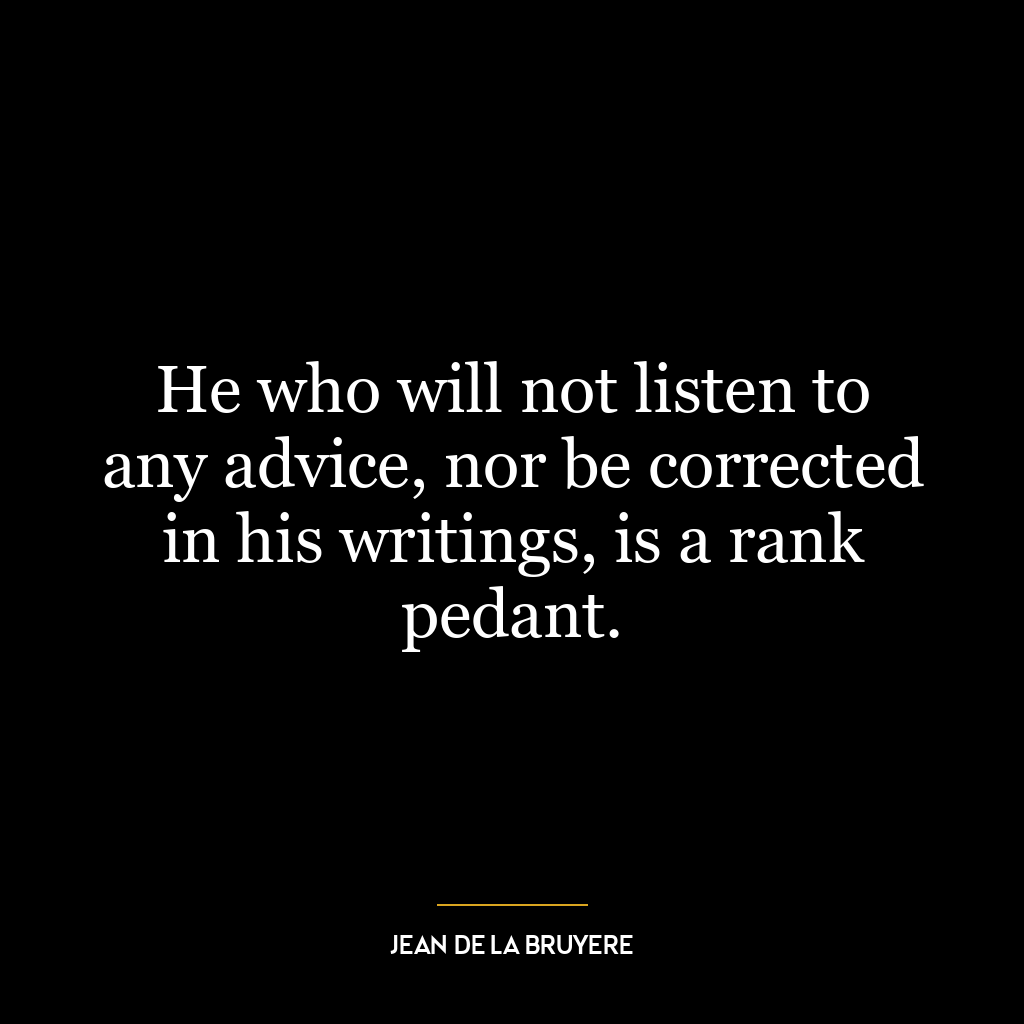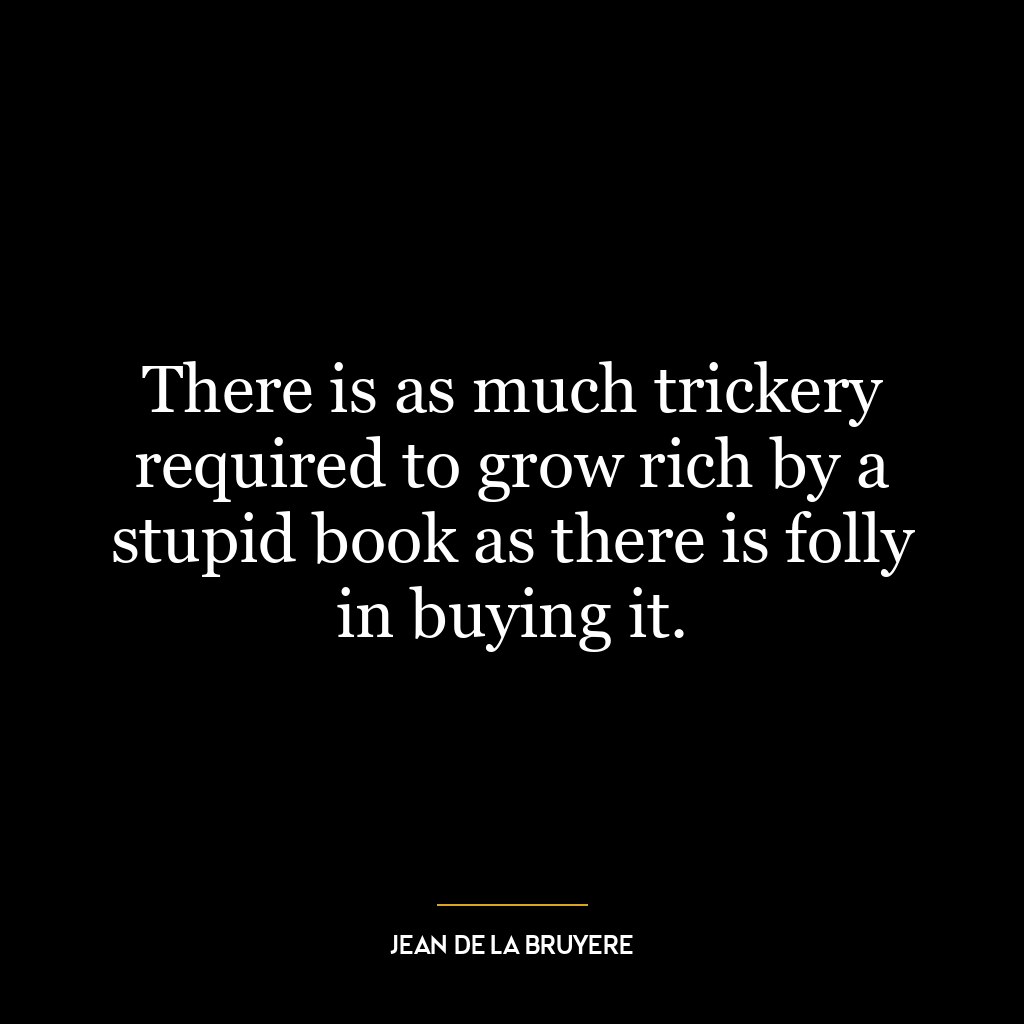We are more heavily taxed by our idleness, pride and folly than we are taxed by government.
This quote suggests that our personal shortcomings, such as laziness (idleness), arrogance (pride), and foolishness (folly), cost us more than any financial tax imposed by the government. In essence, it asserts that the heaviest burdens we carry are not the ones imposed on us by external entities, but the ones we impose on ourselves through our own negative traits or behaviors.
The concept of ‘tax’ in this context doesn’t necessarily refer to a financial burden, but rather to the negative consequences or the ‘price’ we pay for our shortcomings. For instance, idleness could lead to missed opportunities, stagnation, or a lack of personal growth. Pride could prevent us from learning from our mistakes, seeking help when needed, or acknowledging the value in others. Folly, or lack of good judgment, could result in poor decisions that lead to hardship or regret.
Applying this idea to today’s world, one could argue that personal growth and societal progress are often hindered more by these internal ‘taxes’ than by any external constraints. For example, in the realm of personal development, an individual might blame external factors for their lack of progress or success, such as a lack of resources or opportunities. However, this quote would suggest that the real barriers to their success are their own idleness, pride, or folly.
In a broader societal context, this quote could also be interpreted as a call to introspection and self-improvement. Instead of focusing solely on external issues, such as governmental policies or societal structures, we should also address the internal ‘taxes’ that hinder our collective progress, such as complacency, arrogance, or poor decision-making.
In conclusion, this quote serves as a reminder that the biggest obstacles we face are often self-imposed, and that by addressing our own shortcomings, we can lighten the ‘tax’ burden we carry and pave the way for personal and collective growth.

